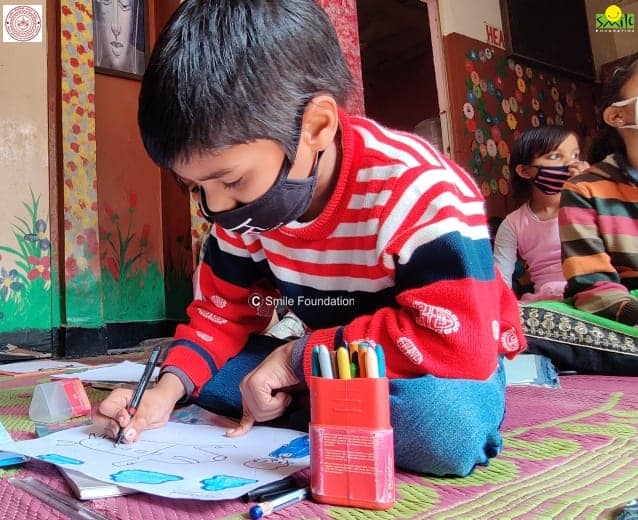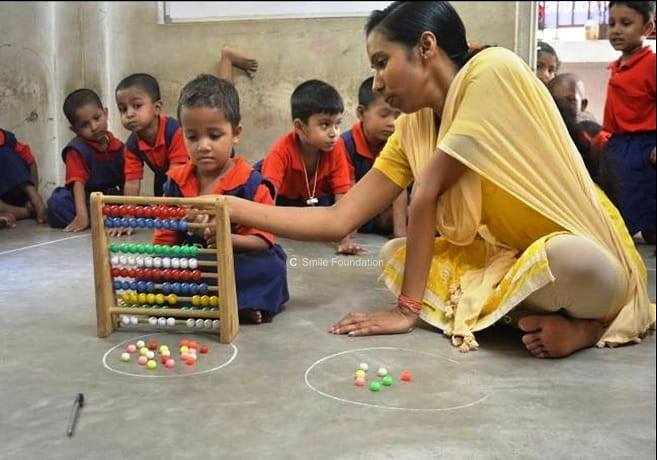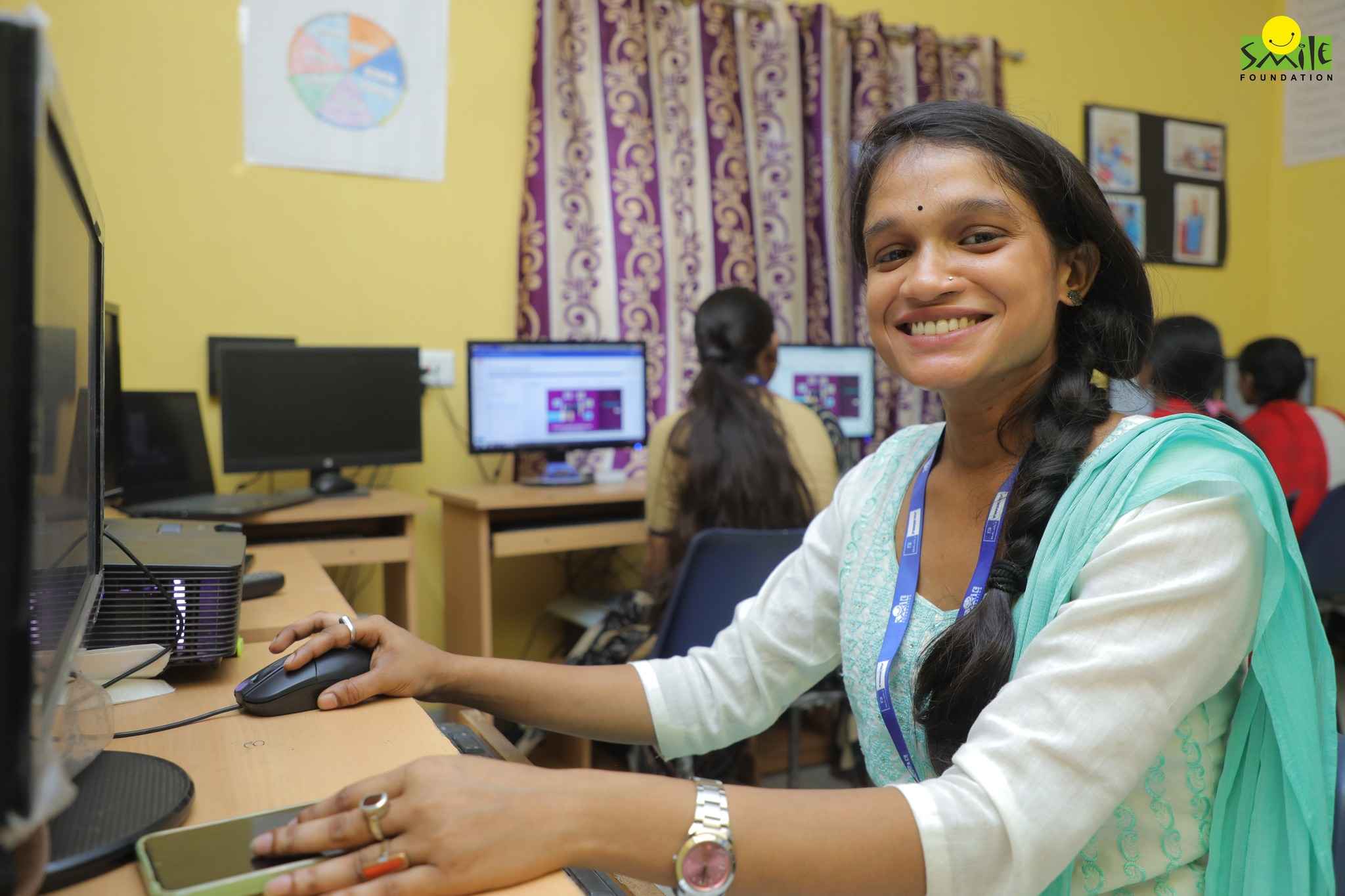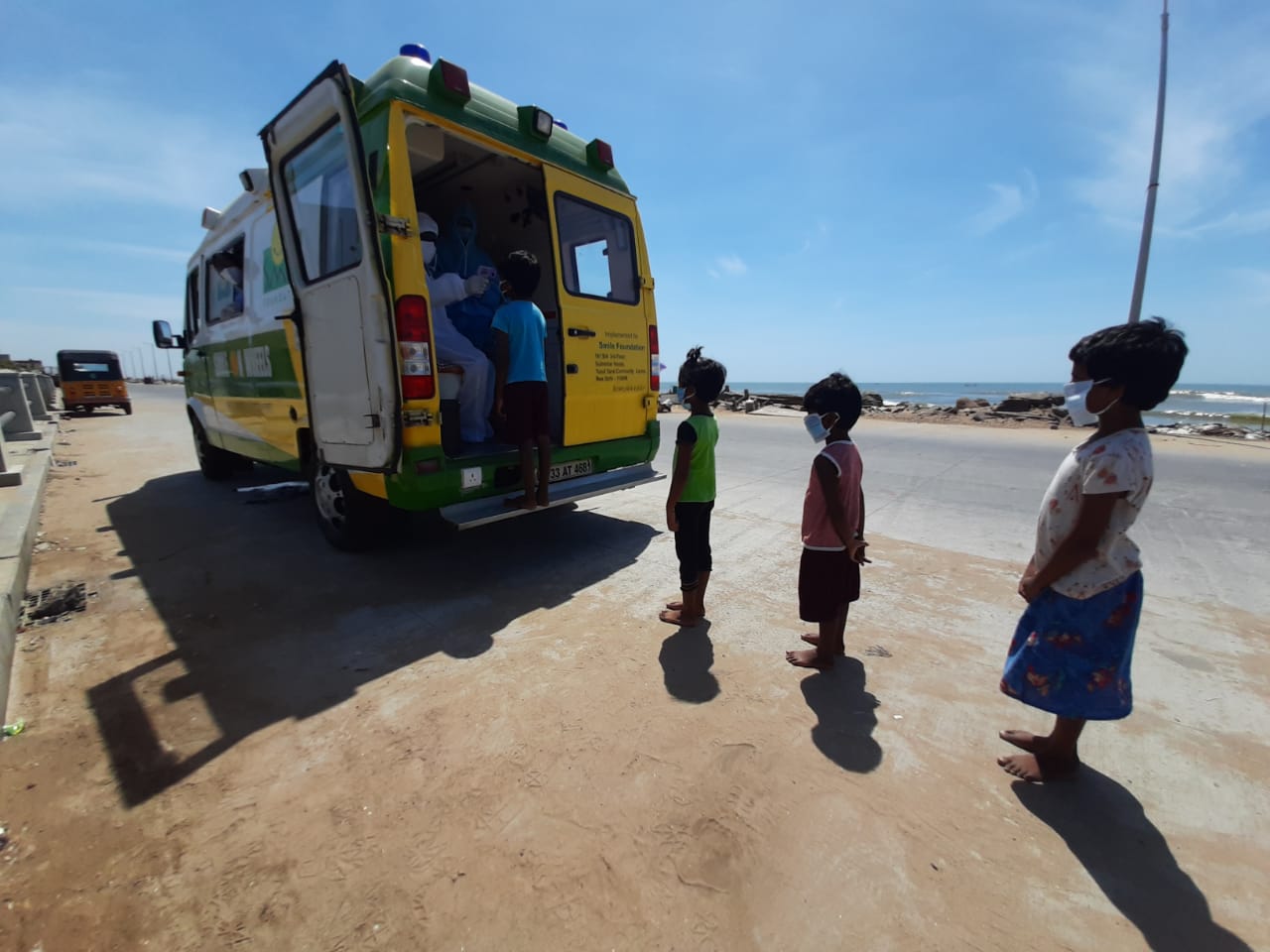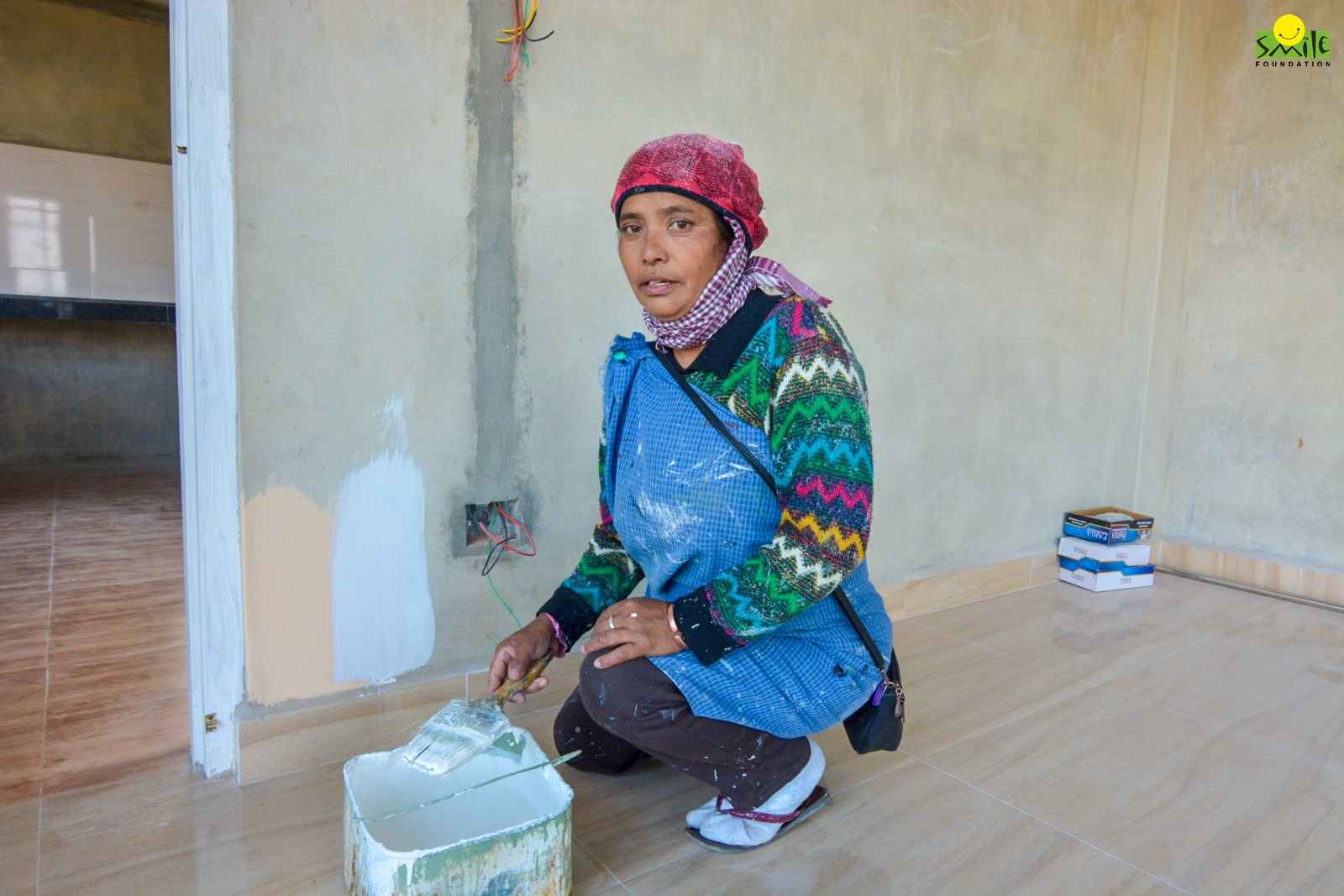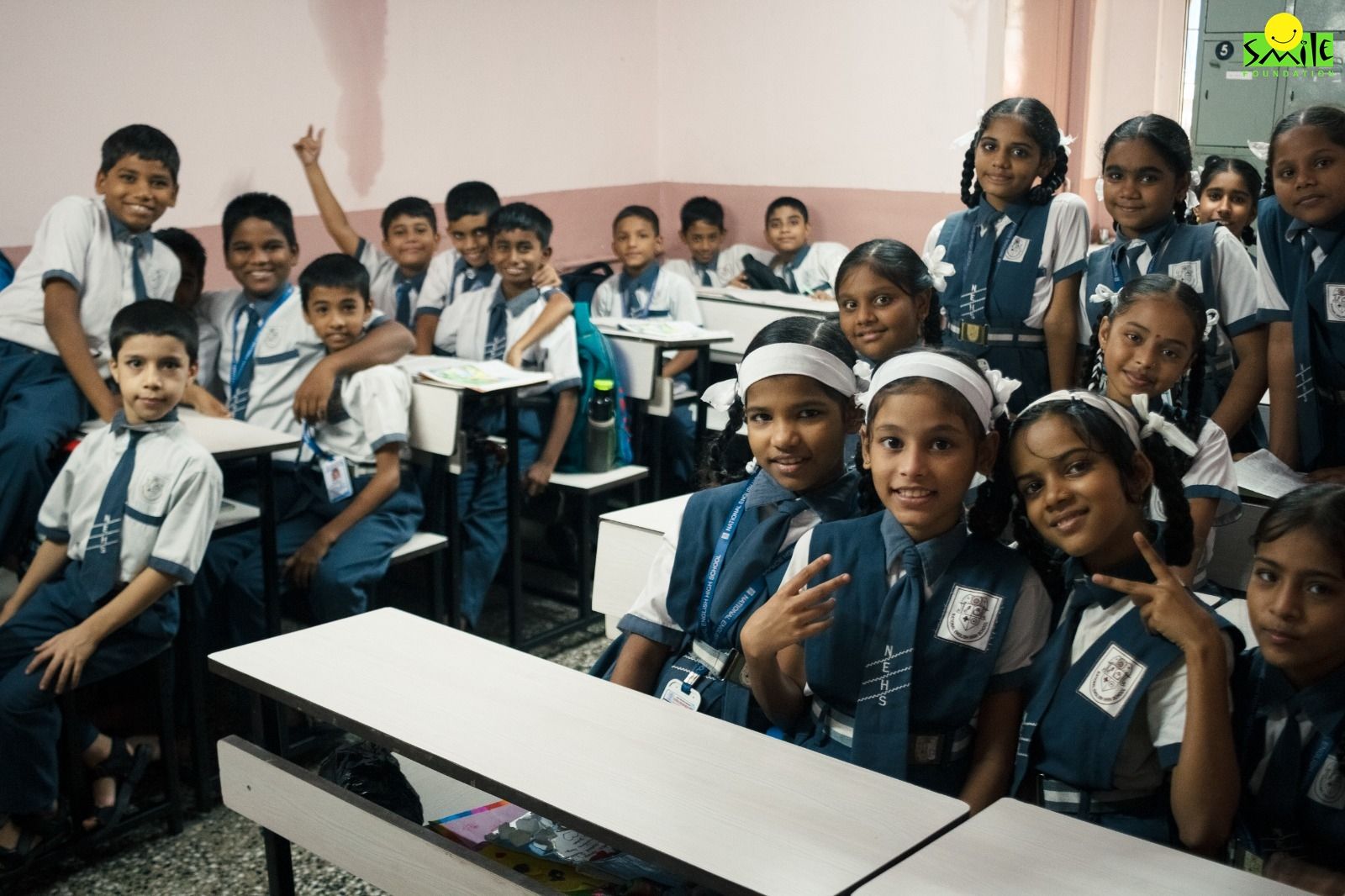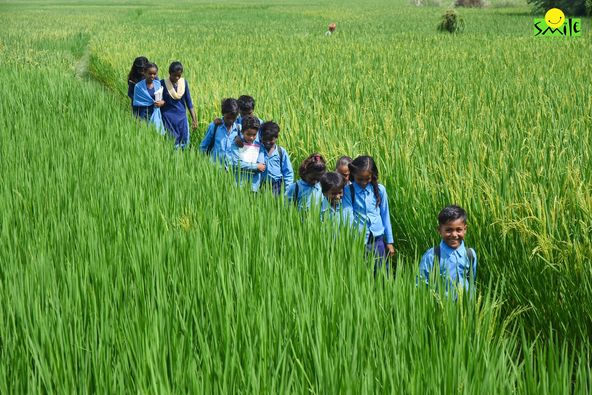Early childhood is defined as the period from the birth of a child till he/she is eight years old. Research in Neuro-science confirms the importance of the early years in a child’s life. 85 per cent of brain development already takes place by the time a child is six years of age. The environment in which a child grows up also highly influences them during this age. Early childhood care and education (ECCE) also refers to a range of processes and mechanisms that support, sustain and aid in the holistic development of children. Care in the initial stages in a child’s life is also considered as a critical window of opportunity to enhance his/her development.
Importance of Elementary Education and Care
Childhood care and education in the initial years is not just preparation of a child for primary school. It helps to build a solid and broad foundation for lifelong learning and well-being through the holistic development of a child’s emotional, social, cognitive and physical needs. It aims to nurture children to become caring, capable and responsible future citizens. Children should be are cared for and they should be educated from an early age. It offers an entry point and platform for improving social equity and inclusion, human resource development and gender equality. Research indicates that ECCE can be a powerful tool for helping to break the cycle of poverty in many countries. Inclusiveness and social equity in education are its two major takeaways. When the programmes are accessible to all sections of a society only then will it prove beneficial.
Young children grow and learn the most when they receive attention, affection and stimulation in addition to good nutrition and proper health care. Investments in early childhood care and development through supportive care, early learning activities and improved school readiness increase the chances that boys and girls will complete primary school.
Playing and Exploring while Learning
There should be more emphasis on playing and exploring for young children. A formal school environment is not enough for learning. Playing and exploring helps them learn and develop social skills. It also helps children to grow emotionally, physically and intellectually. The process of play is a powerful, multifaceted learning experience. When children play it involves exploration, language experimentation, cognition, and the development of social skills. The underlying goal of early learning is alsoto ensure disadvantaged children enter school on time and are cognitively, socially and emotionally ready for school.
New Education Policy and ECCE
In a significant shift, The New Education Policy pitches for a “5+3+3+4” design. It is corresponding to the age groups 3-8 years which is the foundational stage. The next stage is 8-11 which falls under preparatory. 11-14 years of age which is the middle stage. And 14-18 years of age is secondary stage. This move is a significant shift from the 1986 policy which pushed for a 10+2 structure of school education. Accordingly this brings early childhood education also known as pre-school education for children of ages 3 to 5 under the ambit of formal schooling.
The high priority assigned in the policy document to early years can in fact give a strong backing to effectively translate policy into practice. Ten years after the Right to Education came into force, let us take the much-needed steps to give every child the right to learning and education.
Smile Foundation through it’s Mission education programme aims to bring every child to school. The programme gives special emphasis on children who are young and out of school. To know more visit https://www.smilefoundationindia.org/me/



